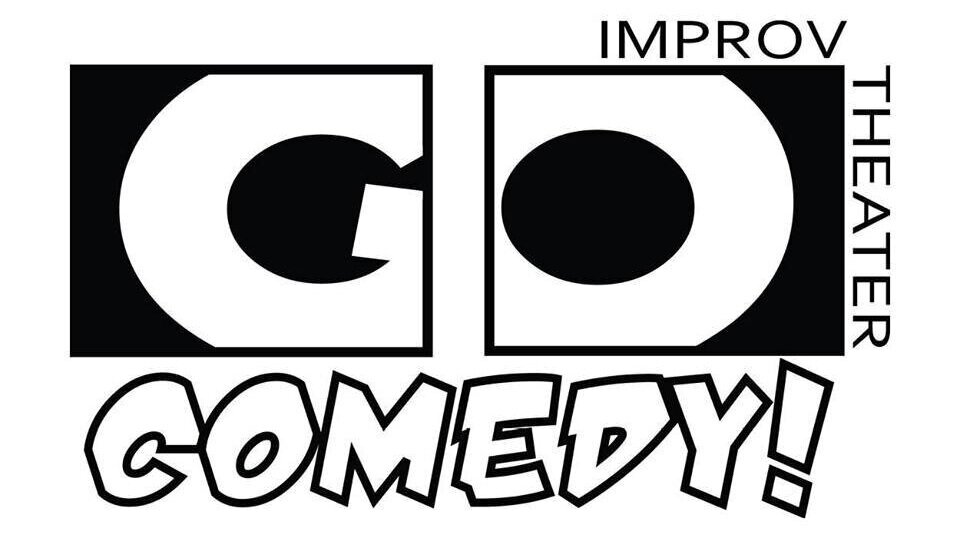Do You Have Any Notes for Me?
by Chris Petersen
“Do you have any notes for me?”. It’s perfectly understandable that improv students ask this all the time. The performing arts are difficult for self-assessment. As reasonable a request as it is, it can be an effort for a coach or teacher to fulfill it.
So perhaps a performer could do a little homework before reaching out for feedback and ask some questions of themselves:
What’s the problem you’re trying to address? Is it a few bad sets in a row? Not getting cast in a troupe when you thought you should be? Is it a general sense of improv malaise? There are always things to work on with improv, but you need to address specific issues to make any progress.
Have you gotten notes before related to this problem? If so, you’ve already gotten feedback on this. Ask yourself honestly (and I do mean honestly) if you’re just asking around to prove yourself right, or if you just didn’t understand the feedback you got.
If you didn’t understand the notes you received before, get to the heart of that. Is it confusion about a concept (like ‘game’, for example)? Is it confusion about when this problem comes up for you?
What do YOU think you need to do? The ability to effectively self-assess is crucial for growth as an artist (and yes, improvisors are artists). This is what people do once they’ve taken all available classes and workshops. Of course it’s legitimate to pull in a coach or director for help, but the first analysis should come from you.
What show/class/audition do you want to get feedback on? It’s never very helpful to ask for ‘general’ feedback on your work as a whole. The person you’re asking probably hasn’t seen it all, and certainly hasn’t been watching it with an eye towards critiquing. Yes, it’s true: sometimes that person you’re asking for feedback wants to watch improv without being a teacher or coach.
This is not meant to dissuade anyone asking for notes. Do! Growth and development comes from observation, analysis, and then taking action. But useful observation and analysis (and a clear plan of action) comes from planning and answering questions like the ones listed above. And once you have that feedback, take action. And buy your observer a drink.
